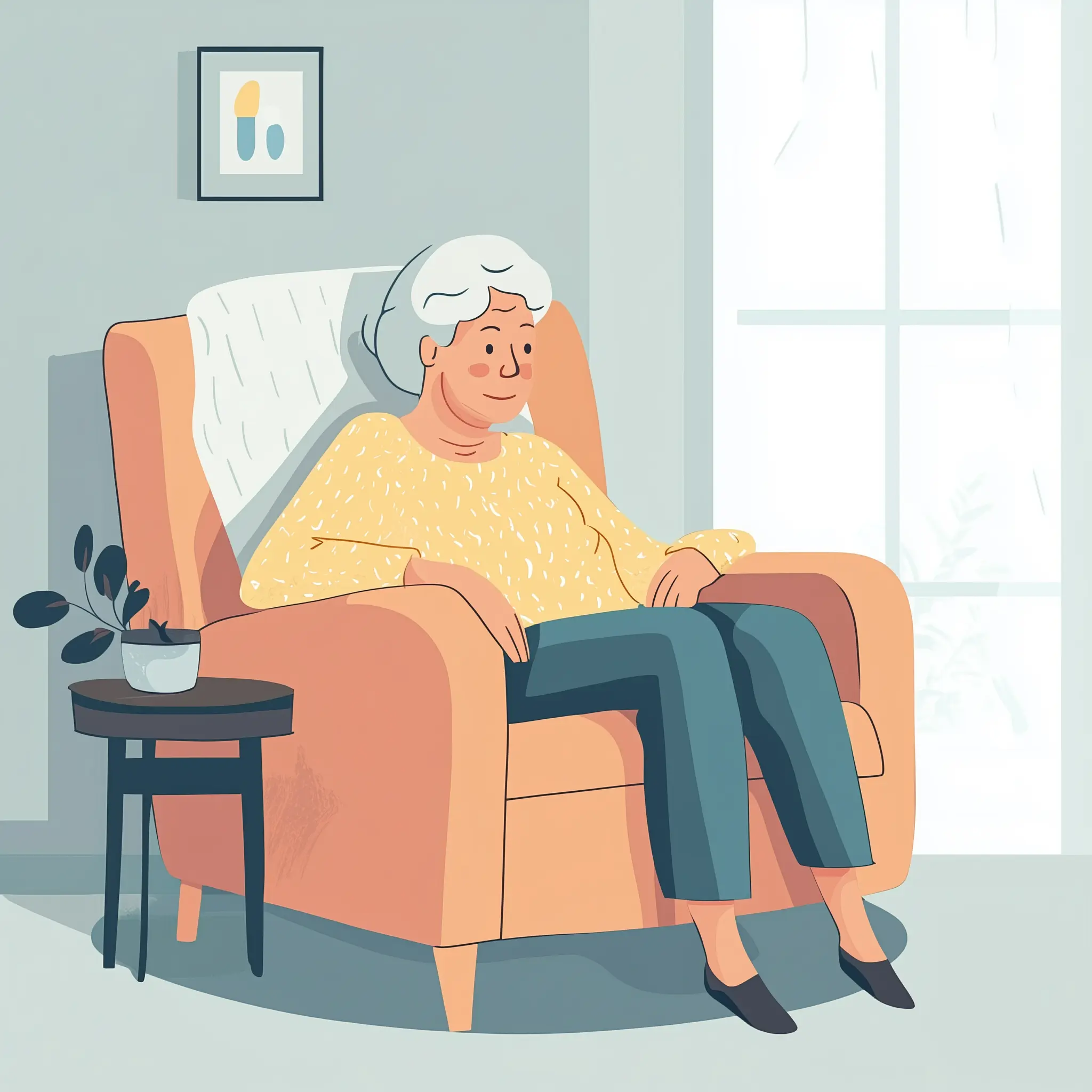
The Benefits of Having a Companion for Outpatient Treatments: Emotional Support and Practical Help for a Smoother Recovery
- Published on
- Authors

- Author
- HP Homecare
The Benefits of Having a Companion for Outpatient Treatments: Emotional Support and Practical Help for a Smoother Recovery
Outpatient treatments such as chemotherapy, IV antibiotics, and other therapies can be both physically demanding and emotionally challenging. While these treatments allow patients to recuperate at home, they often require frequent visits to hospitals or clinics, which can feel daunting. In such times, having a trusted companion can be invaluable, offering both emotional reassurance and practical assistance that can greatly enhance the recovery experience.
The Benefits of Having a Companion During Outpatient Treatments
Emotional Support
Reducing Anxiety and Stress
Medical treatments can often stir feelings of anxiety and stress. A companion, whether a family member or a close friend, can serve as a soothing presence during these visits. Having someone familiar nearby helps patients feel less isolated and more secure, alleviating many of the worries associated with treatment.
Offering Encouragement and Comfort
A gentle touch, encouraging words, or simply engaging in conversation can uplift a patient’s spirits. Companions provide emotional support that helps individuals maintain a positive outlook during tough moments, enabling them to feel heard and valued.
Helping with Mental Well-being
Emotional support is crucial for mental health during outpatient treatments. Research shows that patients with strong emotional support systems tend to cope better with side effects, such as nausea and fatigue, which are common during chemotherapy and similar therapies.
Practical Support
Transportation to and from Appointments
Navigating to and from medical appointments can be a challenge, especially post-treatment when patients may feel fatigued or unwell. Companions can ease this burden by providing reliable transport, allowing patients to focus solely on their recovery without the added stress of public transport or driving.
Assisting with Medical Information
During medical consultations, companions can act as a second set of ears. They are invaluable in helping patients remember crucial details shared by healthcare professionals, noting instructions regarding medications, side effects, and follow-up care — support that is vital for effective treatment adherence.
Handling Practical Tasks During Treatment
While patients concentrate on their recovery, companions can assist with practicalities, such as organising upcoming appointments, arranging medications, or completing necessary paperwork. This allows patients to remain focused and less burdened during their treatment.
Enhancing the Recovery Process
Helping with Side Effects Post-Treatment
Companions can offer immediate assistance after treatments, aiding in the management of common side effects such as nausea, dizziness, or fatigue. Their presence provides peace of mind, knowing that someone is there to address any immediate needs.
Providing Healthy Distractions
Whether through light conversation, reading, or simply watching a film together, companions can create a comforting environment, providing distractions that make long treatment sessions feel more manageable and less daunting.
Encouraging Adherence to Treatment Plans
Having a companion can help keep patients on track with their treatment schedules. Their encouragement can motivate patients to adhere to medical advice, ensuring that appointments are not missed and post-treatment instructions are followed diligently.
Conclusion
The presence of a companion during outpatient treatments can offer profound emotional and practical benefits. Whether that companion is a friend, family member, or professional caregiver, their support contributes significantly to both the emotional well-being and physical recovery of the patient. We encourage anyone undergoing outpatient treatments to consider looking for support from loved ones; it may just transform their treatment experience into a more positive and enriching journey.
For further resources and advice on navigating outpatient treatments, please visit reputable sources such as NHS guidance and cancer support organisations.